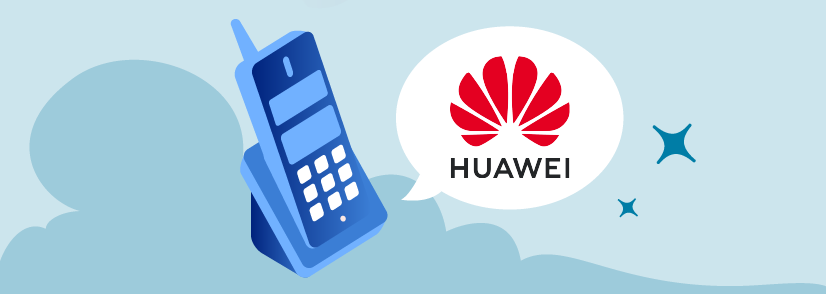South African President Cyril Ramaphosa has welcomed the opening of a new Huawei Innovation Center in the country, expressing hope that the Chinese giant’s new technologies would help Africa “leapfrog into the Fourth Industrial Revolution.”
Speaking at the launch event in Johannesburg, Ramaphosa commended Huawei for its “confidence in the South African economy and its potential.” Standing alongside the Chinese Ambassador Chen Xiaodong and the President of Huawei sub-Saharan Africa, Leo Chen, Ramaphosa noted that “for South Africa, expanding digital infrastructure is one of the primary engines of economic growth. The development of information technology is key to the competitiveness of our economy.” Huawei has also recently partnered with South African company Vuma to provide higher speeds for fiber internet.
Huawei was sanctioned in the United States in 2019 by then-President Donald Trump due to concerns that Beijing was trying to monopolize networks and possibly use them for potential espionage activities. The company, however, already has a significant digital presence in most of Africa, much of which struggles with low connectivity. Earlier this year, a group of US lawmakers criticized Pretoria for its ties to Beijing, including its use of Chinese tech. Washington has been playing catch-up to China in the continent, announcing last year that US-backed telecom company Africell had invested to deliver a 5G network in Angola.
While the US-led global campaign against Huawei has gained traction in some countries in the Global North, the concerns raised about the pliability of the Chinese company’s 5G network for espionage and surveillance have left Africa largely unperturbed, according to Emeka Umejei, a media expert from the American University of Nigeria. Umejei warns that in the long-term, Huawei’s 5G network “could hold troubling consequences for Africa’s transitional democracies. The rise of a hegemonic Chinese internet may result in the reproduction of digital authoritarianism in Africa.”


